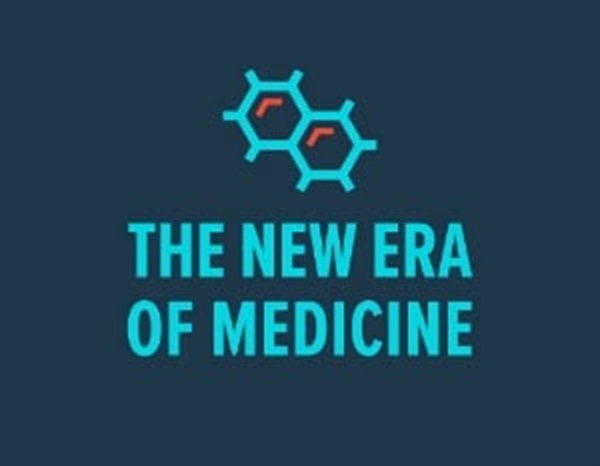ICYMI: Why 2017 medicine approvals matter
The FDA just approved the highest amount of innovative new medicines in over 20 years.

ICYMI: Why 2017 medicine approvals matter
The FDA just approved the highest amount of innovative new medicines in over 20 years.

ICYMI: Why 2017 medicine approvals matter
This week, the U.S. Food and Drug Administration’s (FDA) Center for Drug Evaluation and Research (CDER) released its 2017 New Drug Therapy Approvals report. Last year marked an extraordinary milestone for the biopharmaceutical industry and the FDA with major medicine approvals. According to the report, the FDA approved 46 new molecular entities for a range of disease states -- the highest number of new medications in 21 years.
Of the 46 new medicines, 15 are first in class treatments, including the first treatment approved for the primary progressive form of multiple sclerosis and a medicine that provides an entirely new way of treating severe eczema. The agency also approved 10 biological therapeutics through the Center for Biologics Evaluation and Research.
Other notable approved medicines include a treatment for Parkinson’s, the first in more than 10 years, along with the first drug for the treatment of patients with ALS in 22 years. Cancer treatment also made great strides in 2017, with the approval of 16 oncology medications. And significantly, a new era of cell and regenerative medicine brought the approval of the first gene therapies.
While medicine approval numbers ebb and flow each year, this achievement highlights the FDA and Commissioner Gottlieb’s commitment to providing patients with access to new medicines through the implementation of PDUFA VI, BSUFA II and the 21st Century Cures Act. Notably, of the 46 medicines approved, 36 of them were first approved in the U.S. before receiving any international approvals, further cementing America’s biopharmaceutical companies as leading global innovators and the FDA as the gold standard in regulatory review.
With these novel medications, patients today have newfound opportunities for treatment and a better quality of life. The FDA’s efforts to enhance the competitive marketplace by streamlining generic approval process is yet another step the agency is taking to ensure patients have greater choice.
The approvals further shine a spotlight on the medicines in the biopharmaceutical pipeline which 74 percent have the potential to be first in class treatments.
To learn more about the state of the biopharmaceutical pipeline, click here.